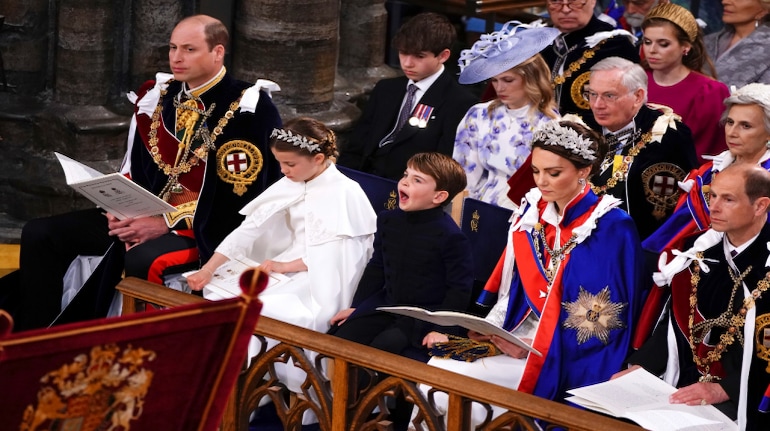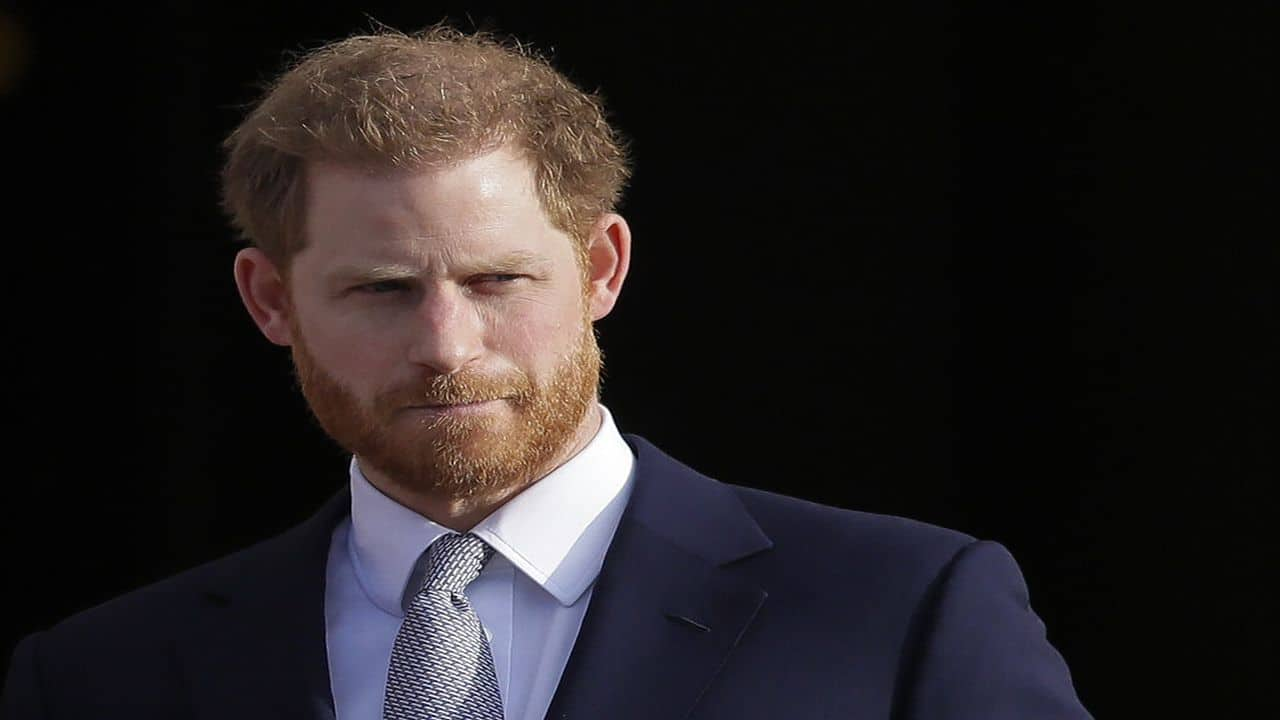



The dazzling spectacle of King Charles’s coronation has been hailed as a beacon of tradition, held in a church - Westminster Abbey - which has stood for over 900 years. The royal family in England is seen as an institution that provides stability to public life in a country which has seen its prime ministers being changed rather rapidly in the last one year. But despite the virtues of stability, continuity and tradition, the British monarchy is also now increasingly facing questions over its very existence in the 21st century.
While England has negotiated, some would say perfected, the cheek-by-jowl existence of the monarchy and Parliament, it has been the outcome of ferocious and lengthy civil wars. A 2023 manifestation of this relationship is the over Rs 1,000 crore bill, for the three-day extravaganza, to be borne by the British taxpayers already facing a cost-of-living crisis. Yes, coronations have not been held too often, but then there was the Queen’s Diamond jubilee celebration and the funerals of Prince Philip and the Queen all within a short period.
But loyalists can hardly get enough of the royal family. On the eve of the coronation, a stroll down the Mall, easily the world’s most recognizable ceremonial route, provided a clue to the popularity of the Royal Family. Mostly consisting of, by anecdotal evidence, people from the towns and villages of North England, interspersed by those from America and Australia, those gathered simply adore the Royal Family for the way they are. Tents were being put up from Thursday for Saturday’s coronation to catch a glimpse of the newly anointed King and his family members.
They like the Royal Family for the same reasons they are despised by the Republicans. Pomp and pageantry, their mere presence in public life, all the family dramas, gossips and scandals. A Harry and Meghan lookalike couple complete with a bodyguard garnered much attention from general London tourists near Buckingham Palace on Thursday, but hardly any heads turned from among the loyalists. For the record, Prince Harry did attend the coronation, but without any royal paraphernalia and dashed off to Heathrow after the ceremony.
 Prince Harry did attend King Charles's coronation, but without any royal paraphernalia and dashed off to Heathrow after the ceremony. (Photo: AP)
Prince Harry did attend King Charles's coronation, but without any royal paraphernalia and dashed off to Heathrow after the ceremony. (Photo: AP)The shift to the US by Prince Harry and Meghan Markle, the first inter-racial couple in the British monarchy’s history, gave enough ammunition to the republicans to attack the Queen’s household. Around a century ago, Queen Elizabeth’s uncle Edward VIII abdicated the throne as he chose to marry a twice-divorced American socialite in 1936. But Edward VIII was the heir then, and Prince Harry was the spare, so it is instructive that both had to leave English shores upon getting American wives.
Even the keenest of King Charles’s supporters agree it is difficult for him to match the aura of his mother Queen Elizabeth. But having waited for so long as the next in line, King Charles is clearly mindful of a level-headed approach to guide his own reign. Not just token presence, but key roles by faith leaders representing Hindu, Muslim, Sikh and Jewish communities in a medieval Protestant coronation ceremony speaks volumes about his sensitivity and eagerness to reflect the diversity of the UK.
King Charles’s passion for the environment is again well-known and well-documented. He has been a passionate advocate for green causes. That sits well with the younger generation that view climate change and net zero as pressing issues. And if commentators like Peter Oborne believe that King Charles has nothing in common with Britain’s corrupt political elite, then perhaps the new king can continue to be a bulwark to Republicanism. In a piece for the Middle East Eye, Oborne writes that King Charles “is in touch with the true values of this country, while our politicians continue to peddle hate.”
India-UKA comparison between the guest lists from India for the 2023 and the 1953 coronations tells us how societal dynamics transform. As the coronation day neared and there was a clamour to find out the list of invitees, the Indian-origin names that trickled out were those who were beneficiaries of King Charles’s flagship Prince’s Trust, the charity for young people. Among the 2,000 select guests, around 400 were from charities chosen by King Charles and Queen Camilla. India was represented by Vice President Jagdeep Dhankhar, who made a quick two-day visit to London.
In the 1953 coronation, India was led by then Prime Minister Jawaharlal Nehru who stood out among the other prime ministers of the Commonwealth for not swearing allegiance to Queen Elizabeth as India did not acknowledge her as the sovereign, having become a Republic in 1950. (Pakistan became a Republic in 1956 and so Queen Elizabeth “ruled” the country for three years.)
But accompanying Nehru in the Westminster Abbey were also the Maharajas of Faridkot, Darbhanga, Tehri Garhwal, Kutch, and Bundi. The Maharajas and Maharanis are all extant, and the cities and regions they once lorded over in the Indian subcontinent are now free of the royal writ, with only remnants of their once-mighty presence. In 1953, the princely states had all gone, but their privy purses remained. By 2023, even longstanding legal cases involving the princely families have stopped appearing in the news.
The House of Windsor, however, continues the tradition of the British monarchy, replacing the Indian Maharajas, in the 2023 coronation, in some ways, by Indian-origin UK MPs, young beneficiaries, scholars, and faith leaders. This ability to assemble a new audience to witness a thousand-year-old medieval ceremony explains the existence and longevity of the Royal family. But the quality and the gravitas of that assemblage is much dependent on the manner in which the UK’s political class deals with the outer world.
Indian Vice-President's UK visitThe Indian Vice-President’s visit saw two interactions with members of the Indian diaspora but the coronation and the King hardly figured in the conversation. Clearly, the period has long gone when the individual persona of the UK sovereign would override hard politics between London and New Delhi. In this context the presence of the Vice President as India’s representative to the coronation has now been assessed as a muted snub to the UK.
During the CHOGM 2018 in London, when it was formally announced that (the then) Prince Charles would succeed Queen Elizabeth as the Head of the Commonwealth, a very senior member of the Indian delegation in a freewheeling and informal interaction had said that the announcement should not be seen as succession by default but rather a recognition of the pioneering work done by Queen Elizabeth in the Commonwealth. In fact, the actual words used by him in Hindi were, “Kisiki bapauti thode hi hain, (being the head of the Commonwealth is not someone’s right by inheritance).
Discover the latest Business News, Sensex, and Nifty updates. Obtain Personal Finance insights, tax queries, and expert opinions on Moneycontrol or download the Moneycontrol App to stay updated!
Find the best of Al News in one place, specially curated for you every weekend.
Stay on top of the latest tech trends and biggest startup news.